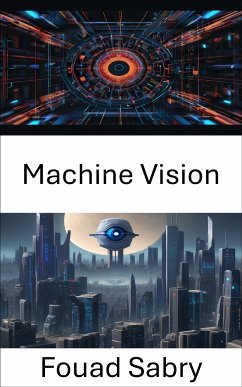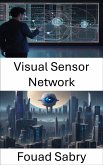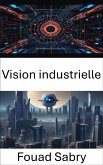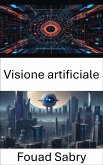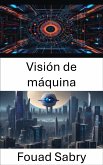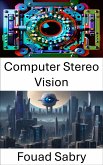What is Machine Vision
The technology and methods that are used to provide imaging-based automatic inspection and analysis for applications such as automatic inspection, process control, and robot guiding, typically in industry, are referred to as machine vision. The term "machine vision" encompasses a wide range of technologies, including software and hardware items, integrated systems, activities, procedures, and skilled professionals. Unlike computer vision, which is a subfield of computer science, machine vision is a field of systems engineering that might be considered to be different from computer vision. It seeks to combine existing technologies in novel ways and apply them to the solution of problems that are encountered in the real world. This word is the one that is most commonly used for these functions in situations that involve industrial automation; nevertheless, it is also used for these functions in other environments, such as vehicle guiding.
How you will benefit
(I) Insights, and validations about the following topics:
Chapter 1: Machine vision
Chapter 2: Computer vision
Chapter 3: Thermography
Chapter 4: Smart camera
Chapter 5: 3D scanning
Chapter 6: Mobile mapping
Chapter 7: Visual servoing
Chapter 8: Visual odometry
Chapter 9: Vision-guided robot systems
Chapter 10: Optical sorting
(II) Answering the public top questions about machine vision.
(III) Real world examples for the usage of machine vision in many fields.
Who this book is for
Professionals, undergraduate and graduate students, enthusiasts, hobbyists, and those who want to go beyond basic knowledge or information for any kind of Machine Vision.
The technology and methods that are used to provide imaging-based automatic inspection and analysis for applications such as automatic inspection, process control, and robot guiding, typically in industry, are referred to as machine vision. The term "machine vision" encompasses a wide range of technologies, including software and hardware items, integrated systems, activities, procedures, and skilled professionals. Unlike computer vision, which is a subfield of computer science, machine vision is a field of systems engineering that might be considered to be different from computer vision. It seeks to combine existing technologies in novel ways and apply them to the solution of problems that are encountered in the real world. This word is the one that is most commonly used for these functions in situations that involve industrial automation; nevertheless, it is also used for these functions in other environments, such as vehicle guiding.
How you will benefit
(I) Insights, and validations about the following topics:
Chapter 1: Machine vision
Chapter 2: Computer vision
Chapter 3: Thermography
Chapter 4: Smart camera
Chapter 5: 3D scanning
Chapter 6: Mobile mapping
Chapter 7: Visual servoing
Chapter 8: Visual odometry
Chapter 9: Vision-guided robot systems
Chapter 10: Optical sorting
(II) Answering the public top questions about machine vision.
(III) Real world examples for the usage of machine vision in many fields.
Who this book is for
Professionals, undergraduate and graduate students, enthusiasts, hobbyists, and those who want to go beyond basic knowledge or information for any kind of Machine Vision.
Dieser Download kann aus rechtlichen Gründen nur mit Rechnungsadresse in A, B, BG, CY, CZ, D, DK, EW, E, FIN, F, GR, H, IRL, I, LT, L, LR, M, NL, PL, P, R, S, SLO, SK ausgeliefert werden.

